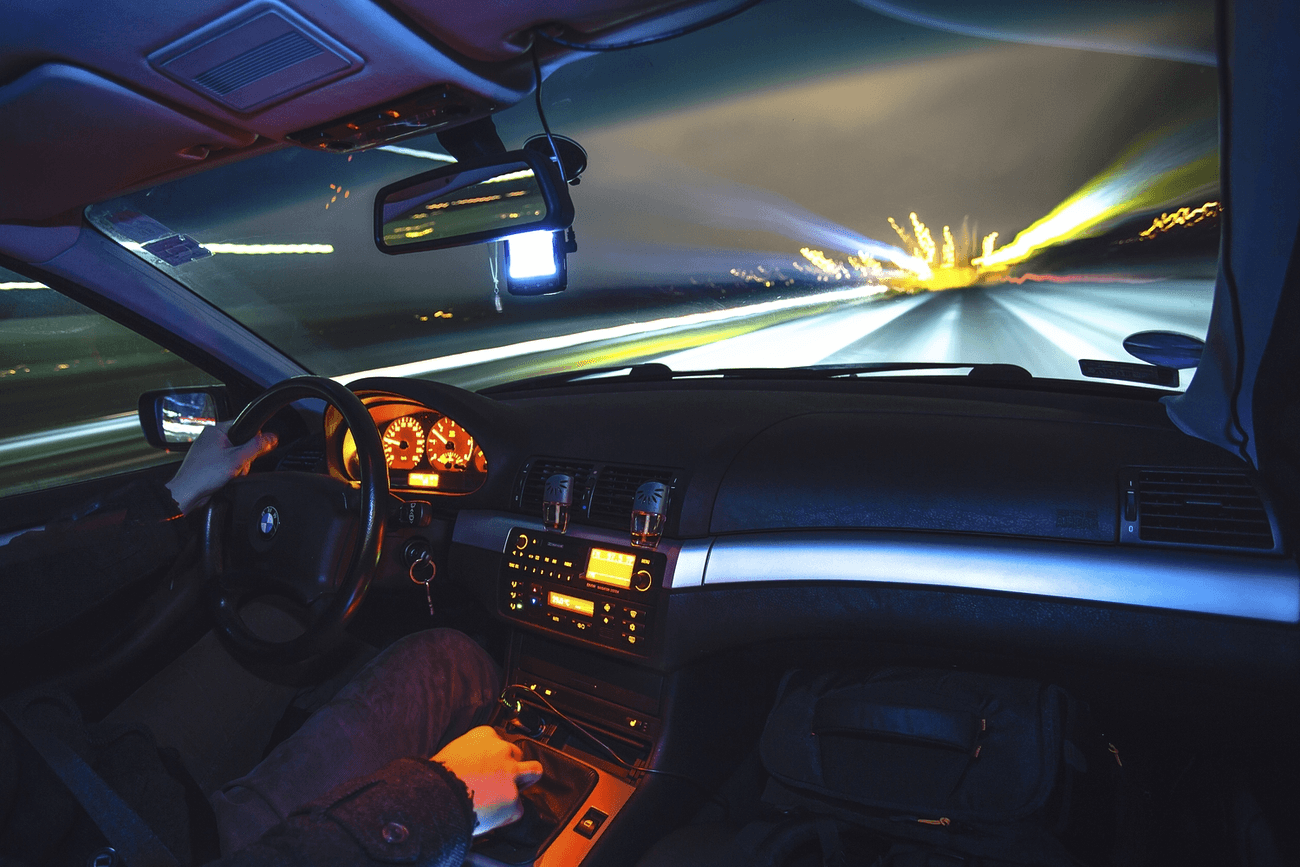Like many states, Pennsylvania has implemented a graduated driver’s licensing (GDL) system to ease young drivers into the responsibility of operating a motor vehicle. This system involves several stages, each with specific restrictions to promote safe driving habits and reduce the risk of accidents.
Understanding these laws is crucial for both young drivers and their parents or guardians.
This blog post will serve as a comprehensive guide to navigating the state’s underage driving laws, covering the following:
- PA learner’s permits: The first step for aspiring drivers under 18.
- PA junior driver’s Licenses: The intermediate stage comes with limitations.
- Unrestricted Pennsylvania driver’s licenses: The final stage granting full driving privileges.
- Additional rules and restrictions: Essential information beyond the licensing stages.
Obtaining a Pennsylvania Learner’s Permit
Obtaining a learner’s permit is the initial step for teenagers to begin driving legally in Pennsylvania.
This permit allows supervised driving practice under specific conditions:
- Minimum age: 16 years old.
- Written knowledge and eye screening test: Passing is mandatory.
- Supervision: A licensed driver at least 21 years old or a parent/guardian at least 18 years old with a valid license for the same vehicle class must always be in the passenger seat.
- Nighttime restriction: Driving is prohibited between 11 PM and 5 AM.
To apply for a Pennsylvania learner’s permit, applicants must bring the following to the Pennsylvania Department of Motor Vehicles:
- A completed Non-Commercial Learner’s Permit Application (Form DL-180)
- A completed Parent or Guardian Consent Form (DL-180TD)
- Your original social security card plus a second proof of date of birth and identification, such as a US-issued birth certificate with a raised seal, certificate of U.S. citizenship, certificate of naturalization, or a valid U.S. passport.
- A check or money order payable to the Pennsylvania Department of Transportation (PennDOT).
Obtaining a Pennsylvania Junior Driver’s License
After fulfilling the permit requirements, young drivers can qualify for a junior license at 16 years and six months.
This stage comes with more freedom but also additional restrictions:
- Skill-building: Completing 65 hours of supervised driving is mandatory, including 10 hours at night and 5 hours in bad weather conditions.
- Nighttime restriction: Driving is still prohibited between 11 PM and 5 AM, except for work, volunteer work, or religious services with proper documentation or when a parent, guardian, or spouse over 17 years of age is present.
- Passenger restriction: Only one non-immediate family member under 18 can be in the vehicle during the first six months. After six months, the limit increases to three passengers under 18. Immediate family members are exempt from this restriction.
- Seat belt requirement: All occupants in the vehicle, including the driver, must wear properly adjusted seat belts. This applies to all drivers under 18, regardless of license stage.
Obtaining an Unrestricted Pennsylvania Driver’s License
At 18, young drivers can obtain an unrestricted license, granting them full driving privileges.
However, an early unrestricted license before 18 is possible under certain conditions:
- Clean record: Maintaining a crash-free and conviction-free driving record for 12 months.
- Driver’s education: Completion of an approved driver’s education course.
Additional Rules and Restrictions for Young Drivers to Be Aware Of
It’s important to remember that these are not the only regulations young drivers in Pennsylvania must be aware of.
Here are some additional key points to consider:
- Cell phone use: Texting and holding a phone while driving is prohibited for all drivers, regardless of age.
- DUI/DWI Laws: Driving under the influence (DUI) or driving while intoxicated (DWI) laws apply to all drivers, with stricter penalties for those under 21.
- Curfews: Pennsylvania has no state-wide curfew; however, individual municipalities may have their own curfews for minors.
If an accident occurs that a young driver is either partially or fully responsible for, or if the young driver commits certain kinds of moving violations, their license could be suspended until the age of 18 or for up to 90 days.
If a young driver accumulates six or more points or is convicted of speeding (26 mph or more above the posted speed limit), their license will be suspended for 90 days upon the first offense and 120 days for subsequent suspensions.
Resources for Young Drivers and Their Parents
For further information and official guidelines that are useful for young Pennsylvania drivers and their parents, it is recommended that you consult the following resources:
By understanding and adhering to these regulations, young drivers in Pennsylvania can navigate the roads safely and responsibly, contributing to a safer driving environment for everyone.
Remember, driving is a privilege, and following the rules is crucial for protecting yourself and others.
How The Thistle Law Firm Can Help
If you are a young driver in Pennsylvania or the parent of a young driver involved in an accident or some other traffic incident, contact the team at Thistle Law. Our PA traffic law attorneys are well-versed in the laws surrounding young drivers in the state.
Contact us today for a free consultation.

